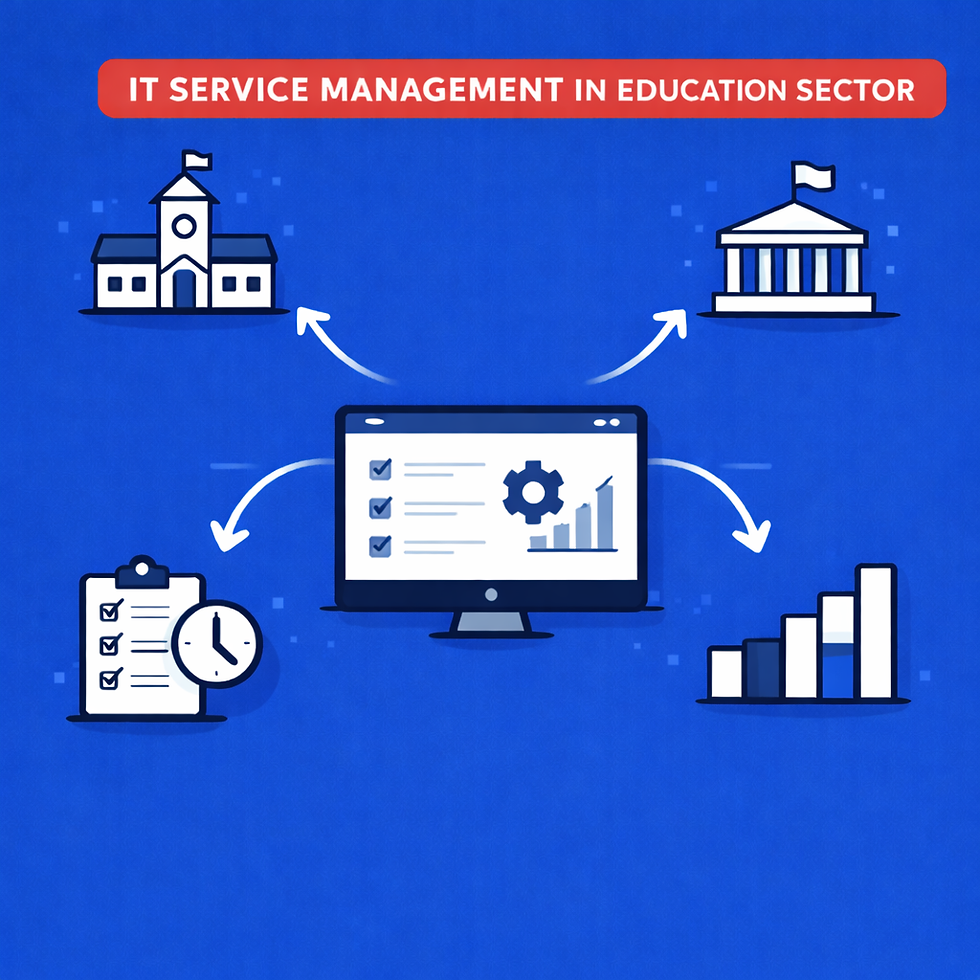Efficient Data Migration Support for Modern Businesses
- Ahmed E
- Nov 16, 2025
- 4 min read
In today’s fast-paced digital world, businesses must adapt quickly to stay competitive. One of the biggest challenges organizations face is moving their data safely and efficiently from one system to another. Whether upgrading software, switching platforms, or consolidating databases, efficient data migration support solutions are essential. Without the right approach, data migration can become a costly, time-consuming, and risky process.
I’ve seen firsthand how a well-planned migration can transform operations, improve customer engagement, and unlock new opportunities. Let me walk you through the key aspects of successful data migration support solutions and how you can leverage them to drive your business forward.
Why Migration Support Solutions Matter
Data migration is more than just copying files from one place to another. It involves careful planning, validation, and execution to ensure data integrity and minimal disruption. Migration support solutions provide the tools and expertise needed to manage this complex process smoothly.
Here’s why these solutions are critical:
Reduce Downtime: Proper support minimizes system outages during migration, keeping your business running.
Ensure Data Accuracy: Automated checks and validations prevent data loss or corruption.
Improve Compliance: Migration solutions help maintain regulatory standards by securing sensitive information.
Save Costs: Avoid expensive errors and rework with expert guidance and proven methodologies.
For example, a retail company migrating customer data to a new CRM system used migration support solutions to automate data cleansing and validation. This reduced errors by 90% and cut migration time in half.

Key Features of Effective Migration Support Solutions
When choosing migration support solutions, look for features that address your specific business needs. Here are some essentials:
Comprehensive Planning Tools
These help map out the migration process, identify dependencies, and schedule tasks to avoid conflicts.
Data Profiling and Cleansing
Automatically detect inconsistencies, duplicates, and errors before migration to ensure clean data.
Automated Migration Execution
Reduce manual intervention with tools that handle data extraction, transformation, and loading (ETL).
Real-Time Monitoring and Reporting
Track progress, identify bottlenecks, and generate audit trails for transparency.
Rollback and Recovery Options
Quickly revert changes if issues arise, protecting your data and systems.
Security and Compliance Controls
Encrypt data in transit and at rest, and enforce access controls to meet industry regulations.
By integrating these features, businesses can confidently migrate data without compromising quality or security.
How to Choose the Right Migration Support Solutions
Selecting the right migration support solution can feel overwhelming. Here’s a straightforward approach to help you decide:
Assess Your Current Environment
Understand your existing data sources, formats, and volumes. This helps identify potential challenges.
Define Clear Objectives
What do you want to achieve? Faster migration, better data quality, or enhanced security? Prioritise your goals.
Evaluate Vendor Expertise
Look for providers with proven experience in your industry and technology stack.
Check Integration Capabilities
Ensure the solution works seamlessly with your current and future systems.
Consider Scalability
Choose tools that can grow with your business and handle increasing data volumes.
Request Demos and Trials
Hands-on experience reveals usability and performance before committing.
For instance, a financial services firm needed to migrate sensitive client data while complying with strict regulations. They chose a solution with robust encryption and audit features, ensuring compliance and peace of mind.
Best Practices for a Smooth Data Migration
Even with the best tools, success depends on following proven practices. Here are some actionable recommendations:
Start with a Pilot Migration
Test the process on a small dataset to identify issues early.
Involve Stakeholders Early
Engage IT, business units, and compliance teams to align expectations.
Document Everything
Keep detailed records of migration plans, configurations, and changes.
Validate Data Thoroughly
Use automated and manual checks to confirm data accuracy post-migration.
Plan for Contingencies
Prepare backup and rollback strategies to handle unexpected problems.
Communicate Regularly
Keep all parties informed about progress and any disruptions.
By following these steps, you reduce risks and ensure a smoother transition.

Leveraging data migration support for Your Digital Transformation
Digital transformation is about more than technology - it’s about connecting people, data, and AI in ways that enhance how you work and engage customers. Efficient data migration is a foundational step in this journey.
Partnering with experts who offer comprehensive data migration support can accelerate your transformation. They bring:
Human-Centric Solutions: Tailored approaches that fit your unique business context.
Advanced Technologies: AI-driven tools that automate and optimise migration.
Ongoing Support: Guidance before, during, and after migration to ensure success.
By embracing these solutions, you position your organisation to innovate faster, improve customer experiences, and unlock new growth opportunities.
Moving Forward with Confidence
Data migration doesn’t have to be a headache. With the right migration support solutions, you can turn it into a strategic advantage. Focus on planning, choose tools wisely, and follow best practices to safeguard your data and business continuity.
Remember, migration is a stepping stone to a smarter, more connected future. Take control of your data journey today and watch your organisation thrive.
If you want to explore how expert migration support can help your business, check out the comprehensive services available at Cognigate. They’re ready to guide you every step of the way.



Comments